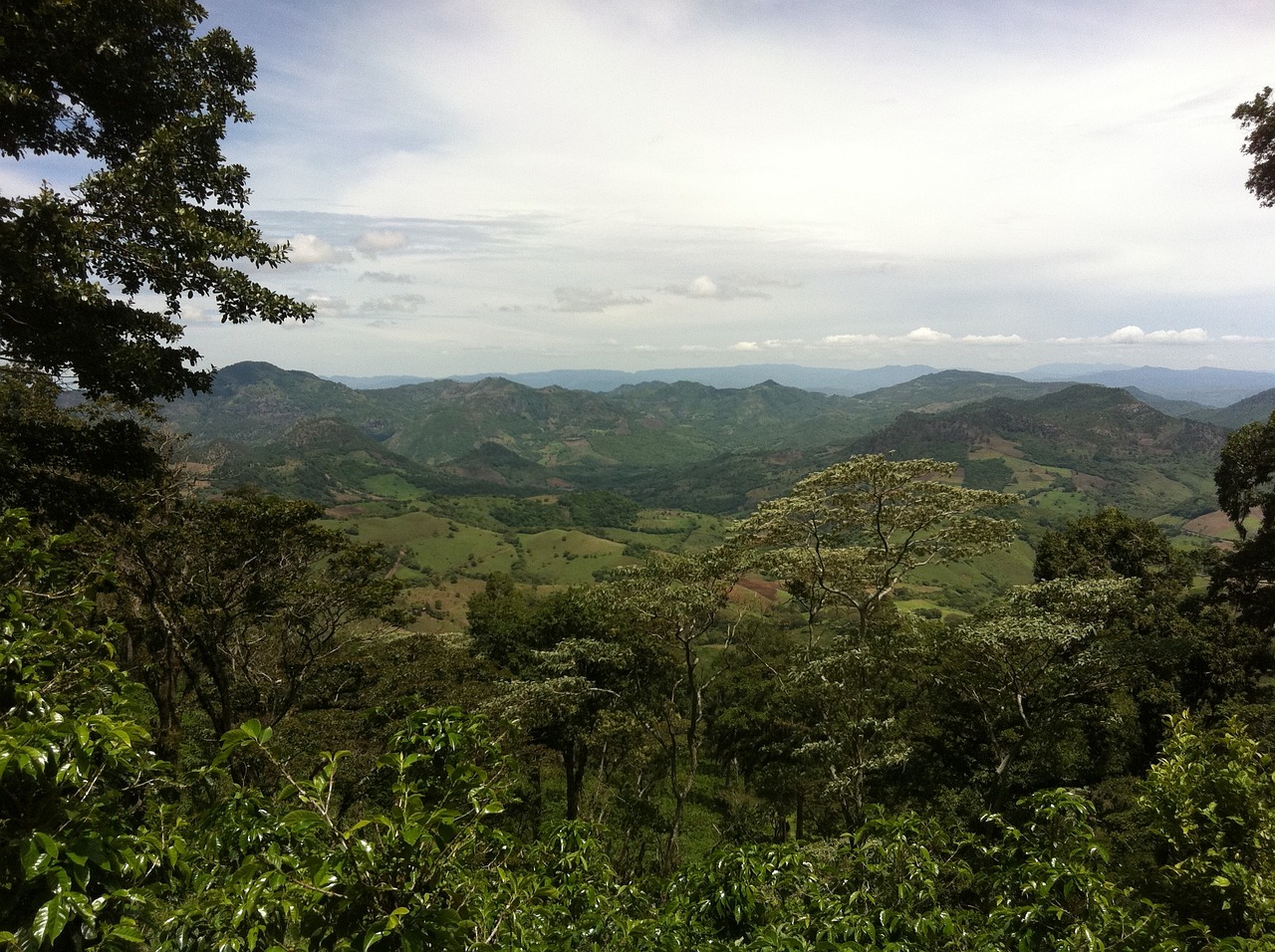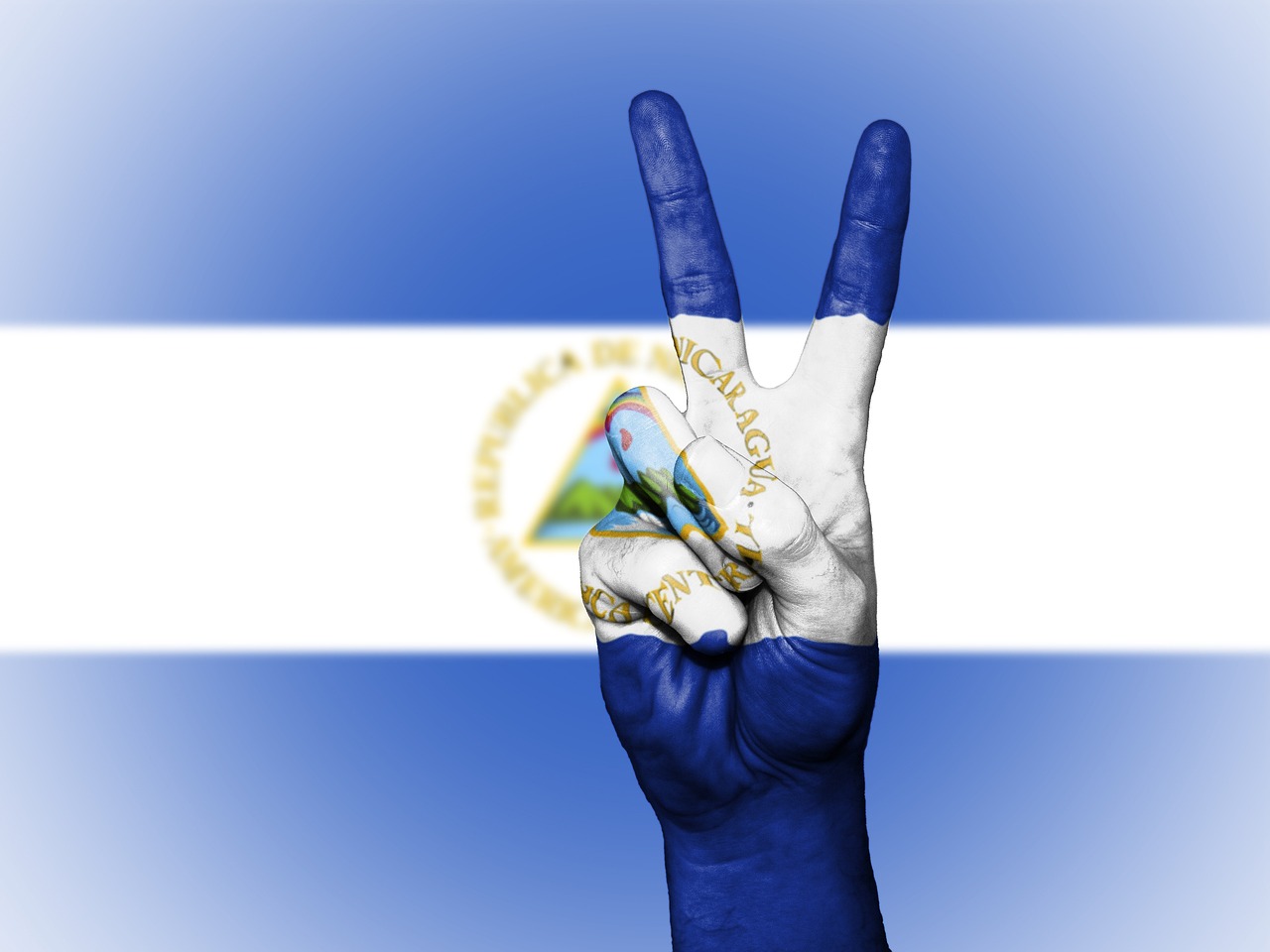Nicaragua Video
Navigating Local Taxes and Business Regulations in Nicaragua
Nicaragua is a country known for its rich culture, stunning landscapes, and growing business opportunities. However, before starting a business in Nicaragua, it is crucial to understand the local tax system and business regulations. This article will guide you through the various aspects of navigating local taxes and business regulations in Nicaragua, ensuring a smooth and compliant business operation.
Overview of Business Taxes
Starting a business in Nicaragua requires a comprehensive understanding of the tax obligations imposed by the government. Here are the key taxes that businesses need to be aware of:
- Value Added Tax (VAT): The VAT in Nicaragua is levied on the sale of goods and services at a standard rate of 15%. Businesses must register for VAT and collect it from their customers, filing regular VAT returns with the tax authorities.
- Income Tax: Nicaraguan businesses are subject to income tax on their net profits. The current corporate income tax rate is 30%. Businesses must file annual income tax returns and make quarterly advance payments based on their estimated income.
- Withholding Tax: Certain payments made by businesses, such as dividends, interest, and royalties, are subject to withholding tax at varying rates. Businesses must withhold the applicable tax and remit it to the tax authorities on behalf of the recipients.
- Social Security Contributions: Employers are required to contribute to the Nicaraguan Social Security Institute (INSS) on behalf of their employees. The contribution rates vary depending on the employee’s salary and the nature of the work.
Business Registration and Licensing
Before commencing business activities in Nicaragua, it is essential to register your business and obtain the necessary licenses. Here are the key steps involved:
- Company Registration: To establish a legal entity in Nicaragua, businesses must register with the National Registry Center (CNR). The registration process involves providing the required documentation, paying the registration fees, and obtaining a unique Tax Identification Number (NIT).
- Municipal License: Depending on the nature of your business, you may need to obtain a municipal license from the local municipality. The requirements and fees for the license vary based on the location and type of business.
- Special Permits and Certificates: Certain industries or activities may require additional permits or certificates. For example, restaurants may need health permits, while import/export businesses may require special permits from the Ministry of Trade and Industry.
Employment Regulations
If your business involves hiring employees in Nicaragua, it is essential to comply with the country’s labor laws and regulations. Here are some key aspects to consider:
- Employment Contracts: Nicaraguan law requires written employment contracts for all employees. The contracts must include essential details such as job description, working hours, compensation, and termination conditions.
- Minimum Wage: The government sets a minimum wage that varies based on the industry and location. Employers must ensure they pay their employees at least the minimum wage applicable to their sector.
- Working Hours and Overtime: The standard workweek in Nicaragua is 44 hours, with a maximum of 8 hours per day. Any work performed beyond the regular hours is considered overtime and must be compensated at a higher rate.
- Employee Benefits: Employers are obligated to provide various benefits to their employees, including paid annual leave, sick leave, and maternity/paternity leave. Additionally, employers must contribute to the social security system on behalf of their employees.
Intellectual Property Protection
For businesses involved in intellectual property-intensive industries, protecting their intellectual property rights is crucial. Here are the key aspects of intellectual property protection in Nicaragua:
- Trademarks: Businesses can register their trademarks with the Nicaraguan Intellectual Property Registry to obtain legal protection against unauthorized use or infringement.
- Copyrights: Original literary, artistic, and scientific works are automatically protected by copyright in Nicaragua. However, businesses can register their copyrights for additional legal protection.
- Patents: Inventions, utility models, and industrial designs can be protected through patents. Businesses can file patent applications with the Nicaraguan Intellectual Property Registry to secure exclusive rights.
Environmental Regulations
Nicaragua has various environmental regulations in place to ensure sustainable business practices. Here are some key considerations for businesses operating in Nicaragua:
- Environmental Impact Assessments: Certain projects or activities with potential environmental impacts require an Environmental Impact Assessment (EIA) before obtaining necessary permits or licenses.
- Waste Management: Businesses must comply with regulations regarding the proper management and disposal of waste materials. This includes adhering to recycling practices and using authorized waste disposal facilities.
- Natural Resource Protection: Nicaragua has specific regulations to protect its natural resources, including forests, water bodies, and wildlife. Businesses must ensure they operate in accordance with these regulations.
Business Compliance and Reporting
Maintaining compliance with local regulations and fulfilling reporting requirements is essential for businesses operating in Nicaragua. Here are some important aspects to consider:
- Financial Statements: Businesses are required to prepare and submit annual financial statements to the tax authorities. The statements must comply with Nicaraguan accounting standards.
- Tax Filings and Payments: Businesses must file tax returns accurately and on time, reporting their income, expenses, and applicable taxes. Late filings or non-compliance can result in penalties or legal consequences.
- Annual Reports: Certain types of businesses, such as corporations, may be required to submit annual reports to the National Registry Center, providing updated information about their operations and shareholders.
Nicaragua Image 1:

Conclusion
Navigating local taxes and business regulations in Nicaragua is crucial for establishing and running a successful business. By understanding the tax obligations, registration requirements, employment regulations, intellectual property protection, environmental regulations, and compliance obligations, businesses can ensure legal compliance and smooth operations. It is recommended to consult with local legal and tax professionals to navigate the specific requirements and nuances of doing business in Nicaragua.
Nicaragua Image 2:

References
– National Registry Center: cnr.gob.ni
– Nicaraguan Social Security Institute: inss.gob.ni
– Nicaraguan Intellectual Property Registry: rnpi.gob.ni


